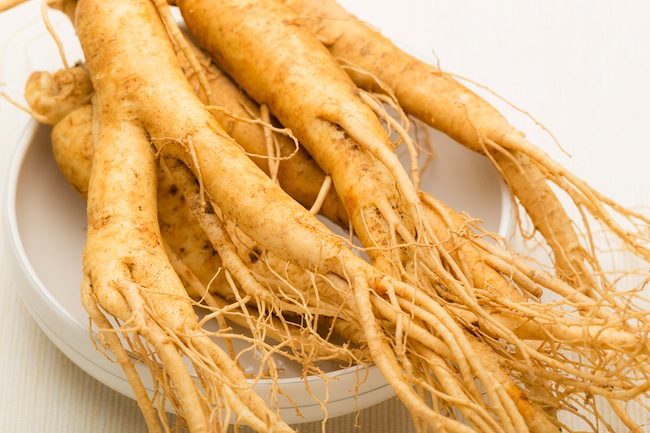- Make It Yourself Lavender Heart-Shaped Bath Bombs!
- 20 Things You Never Knew About “Down There”
- 12 Best Foods For Those Suffering From Arthritis Pain
- 12 Personal Hygiene Mistakes Almost Everyone Makes (Mom Never Told You About #4!)
- 15 Medicinal Plants And Herbs From The Cherokee People
- 12 Mind-Blowing Benefits Of Drinking Coconut Water During Pregnancy
- 12 Outstanding Winter Foods That Won’t Fatten You Up Like A Christmas Turkey
12 Easy Ways To Save Your Kidneys And Lower Creatinine Levels Naturally

Photo credit: bigstock.com
10. Siberian Ginseng
The compound in Siberian ginseng, eleutheroside, is mostly thought of as a way to obtain more energy, but it is also very effective at removing excess creatinine from the body. Siberian ginseng revitalizes the kidneys and improves blood circulation. You will also have that energy thing going on, so you win all the way around with this one. A typical dose is 300 to 600 mgs each day. Consult with your doctor for the proper dosage for your unique situation. Siberian ginseng may also interfere with certain prescription drugs. Again, consult with your doctor.
11. Corn Silk
This is a natural diuretic that is also a powerful anti-inflammatory agent. The diuretic action will lower high blood pressure and reduce edema as well as removing excess levels of creatinine. Drink corn silk as a tea by adding two teaspoons of dried corn silk to a cup of boiling water. Cover and allow to steep for 15 minutes. Strain and drink three cups of this tea each day.
12. Astragalus
This traditional Chinese herbal medicine can help to slow the progression of chronic kidney disease and help to lower creatinine levels. This ancient herb will also improve digestion and strengthen the metabolism. Drink two or three cups of this tea, preferably one cup after each meal. Please note that those with autoimmune diseases should consult with their doctors before consuming this herb as it can stimulate the immune system.
READ ALSO: Save Your Heart, Reduce Signs Of Aging, And Have Tons Of Energy With This 1 Thing
Extra Tips:
- Be sure to increase your water intake
- Avoid strenuous exercise as this encourages the breakdown of creatinine
- Reduce minerals such as potassium and sodium in your diet
- Avoid foods such as soybeans, peanuts, pumpkin seeds, nuts, and seafood as they tend to increase the liver’s production of creatine
- Replace sodas, tea and coffee with herbal teas and water
References:
































